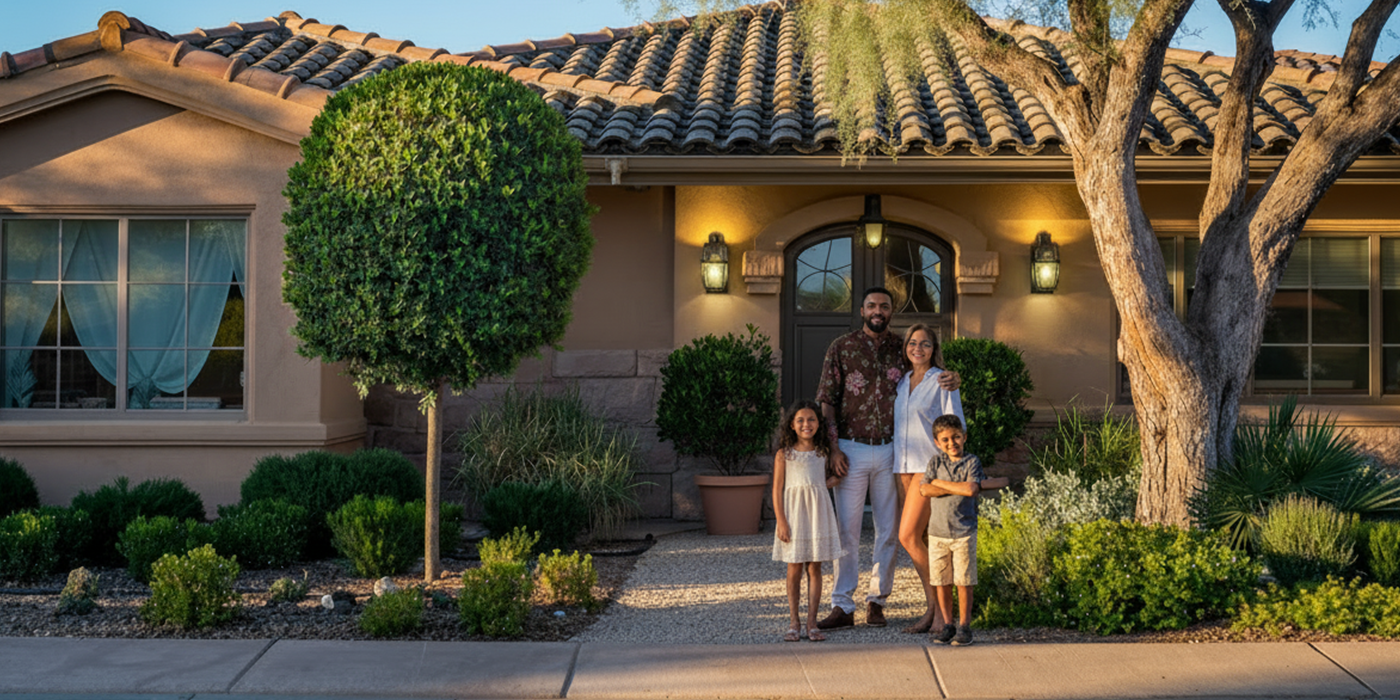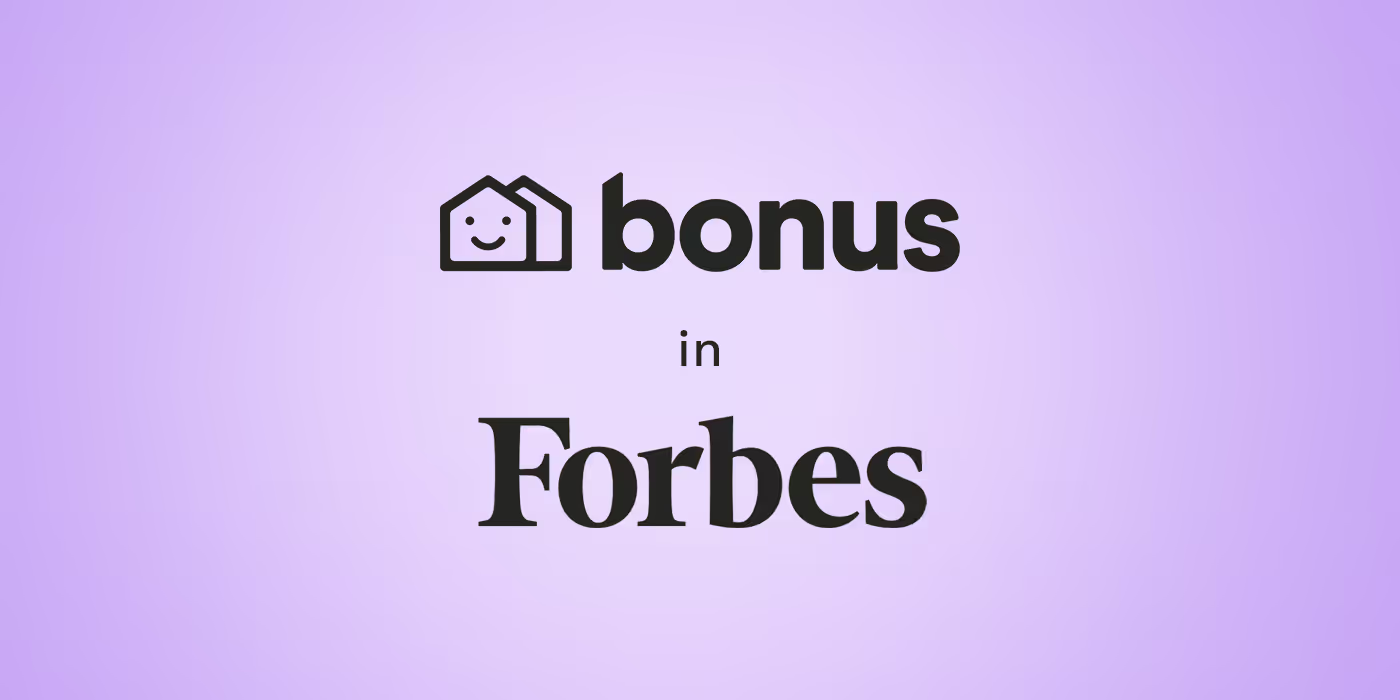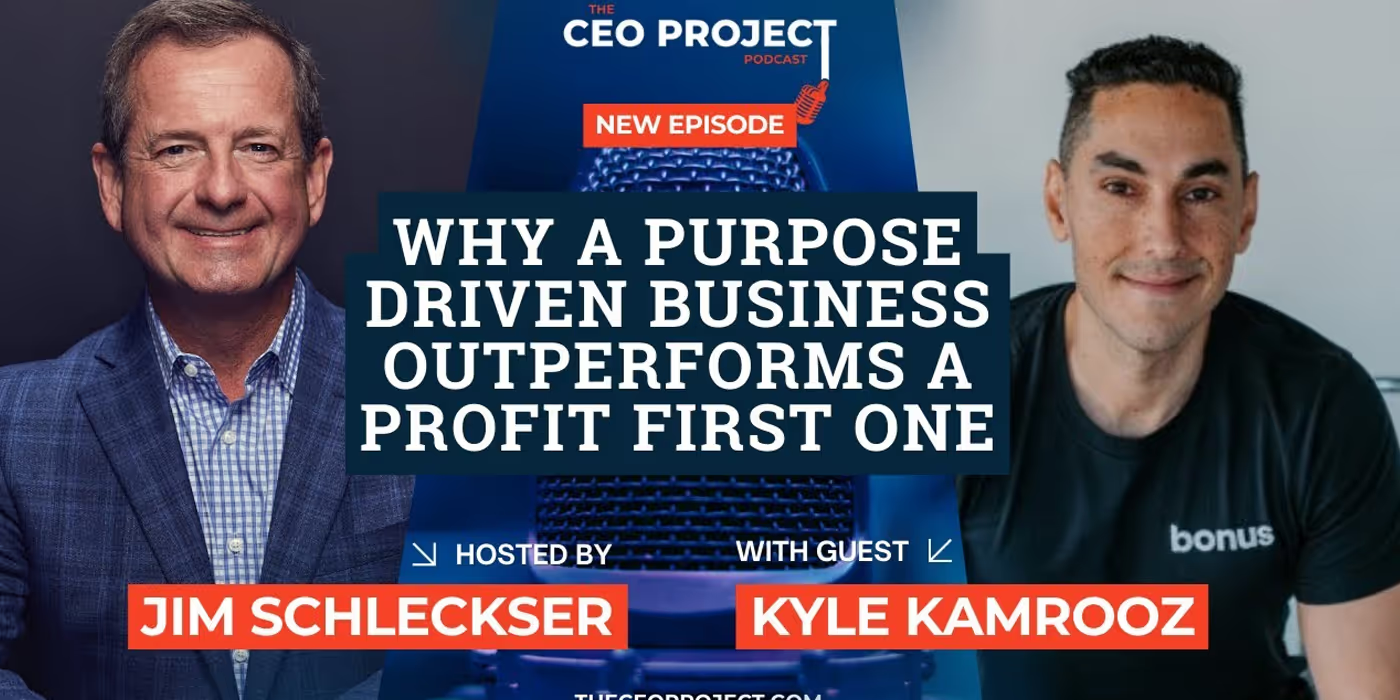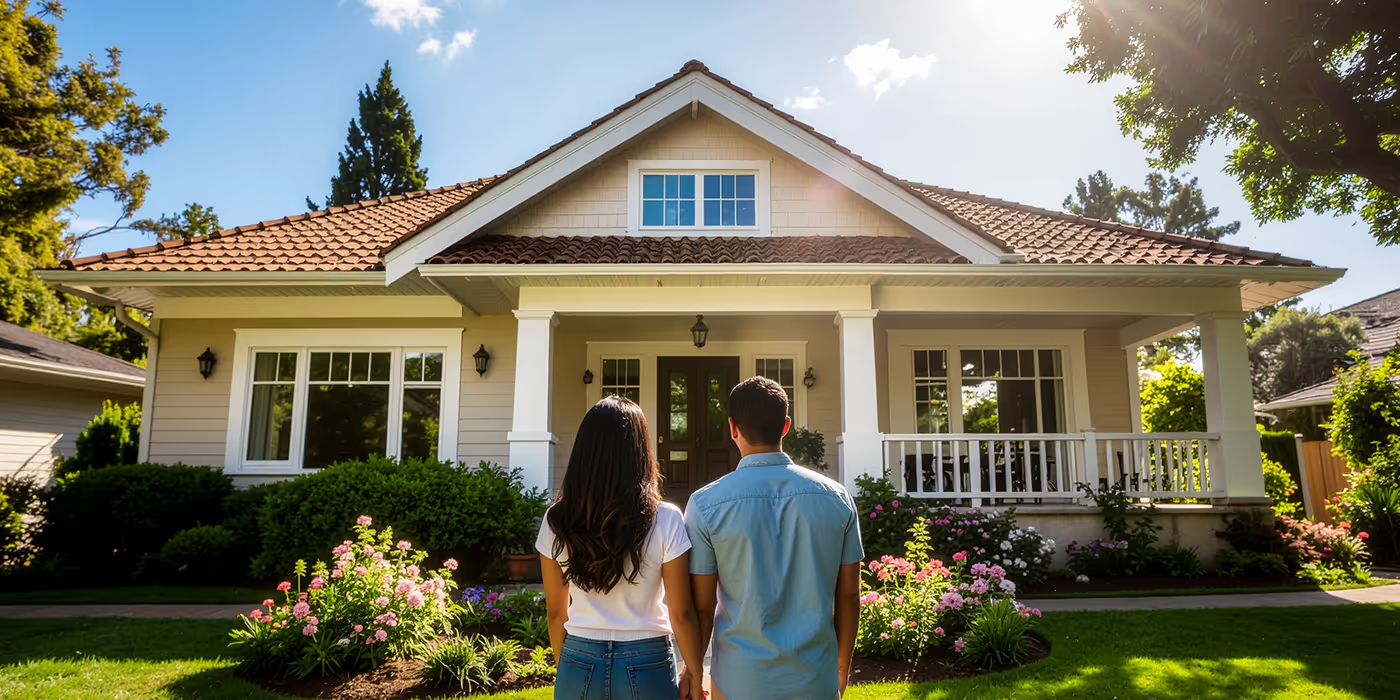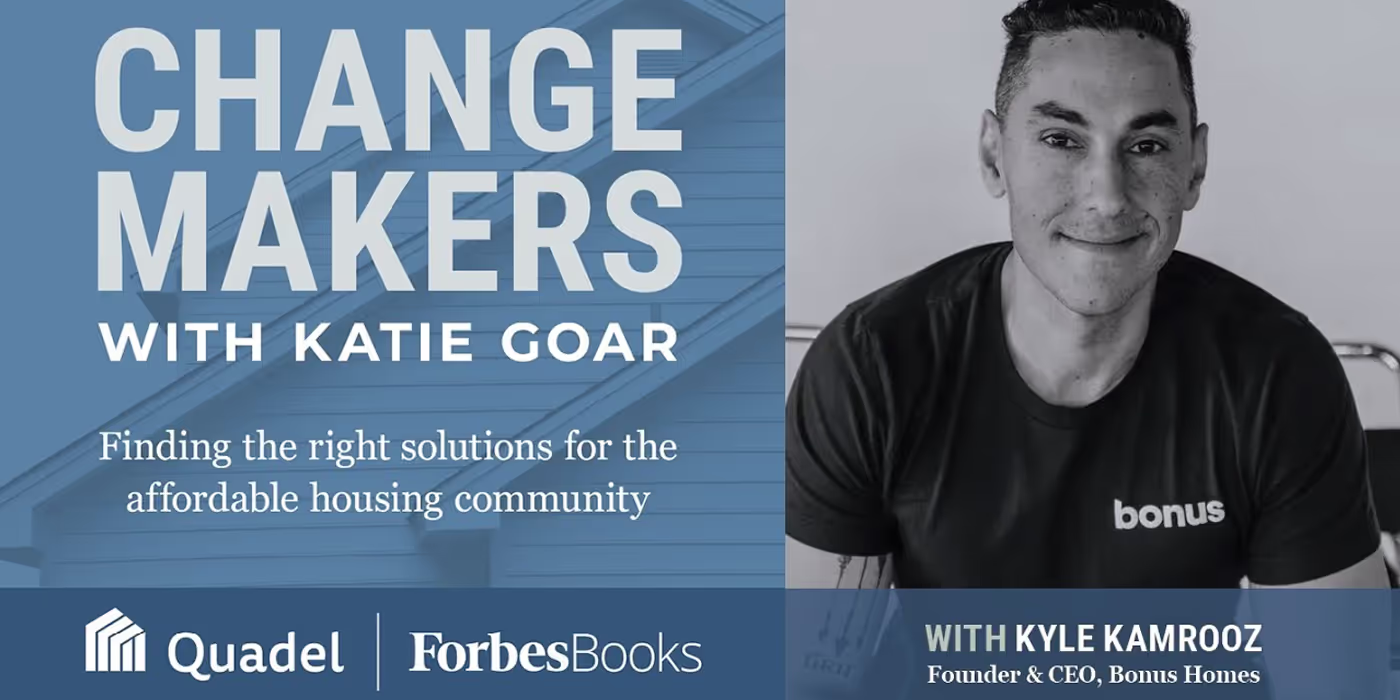Home Appreciation Partnership (HAP) vs. Reverse Mortgage (HECM): What’s the difference?

For many homeowners, their house isn’t just a place to live — it’s also their biggest financial asset. When life changes, you may want access to the equity you’ve built up without giving up the potential future growth of your home’s value. And today, there are many ways to access equity beyond simply selling of getting a cash-out refinance loan or a HELOC (home equity line of credit)
Here, we’d like to compare the Home Appreciation Partnership (HAP) from Bonus Homes and a reverse mortgage. While both help you unlock equity, they work in very different ways. Understanding the differences is key to deciding which option is right for you.
What Is a Home Appreciation Partnership (HAP)?
A Home Appreciation Partnership, like the one offered by us here at Bonus Homes, allows you to:
- Cash out of your full current home equity while keeping your low-rate mortgage in place.
- Move out of the home and let Bonus Homes handle property management.
Share in the future appreciation of your home when it eventually sells—even after cashing out your equity today.
Unlike a loan, a HAP involves no interest, no monthly payments, and no compounding debt. You free up cash now, move on with life, and still retain a piece of the upside if your home increases in value. This is ideal for homeowners of all ages who are looking to buy a new home or free up cash from an existing rental property.
What Is a Reverse Mortgage?
A Reverse Mortgage is a special type of loan available to homeowners aged 62 or older. It allows you to:
- Borrow against your home’s equity while you continue living there.
- Receive funds as a lump sum, monthly payments, or a line of credit.
- Defer repayment until you move out, sell, or pass away.
Unlike a HAP, a reverse mortgage is debt-based. The loan balance grows over time as interest accrues, gradually reducing your equity. You must also keep the home as your primary residence, stay current on taxes and insurance, and maintain the property. Reverse mortgages are ideal for older homeowners who are looking to age in place, but free up cash in order to improve their financial situation on a fixed income.
HAP or Reverse? Which Should I Consider?
For those in retirement years, a Home Appreciation Partnership could be a better alternative to a reverse mortgage. This would be ideal for those empty nesters who may be looking to downsize, move into a 55+ community, or an assisted living facility. With a HAP, they receive their equity payout and are still able to continue building wealth from their investment. A major downside of reverse mortgages is that it leaves little legacy to leave to heirs, whereas a HAP can create a passive account from letting the asset grow in value with no additional liabilities or payments.
A HAP can also be coupled with a reverse for purchase loan. In this scenario, a homeowner can use the HAP proceeds for the new “reversed” home (this would have the reverse mortgage loan associated with it) and maintain their investment in the “bonused” home, creating greater opportunity for wealth accrual over time.
The Bottom Line
A Home Appreciation Partnership is designed for homeowners who want to cash out their equity, move on with life, and still share in future appreciation—without taking on debt.
A Reverse Mortgage, on the other hand, is a loan for older homeowners who want to stay in their home and convert part of their equity into cash—but at the cost of compounding debt and reduced inheritance.
Both options unlock home equity, but the right choice depends on your goals, age, and lifestyle.

